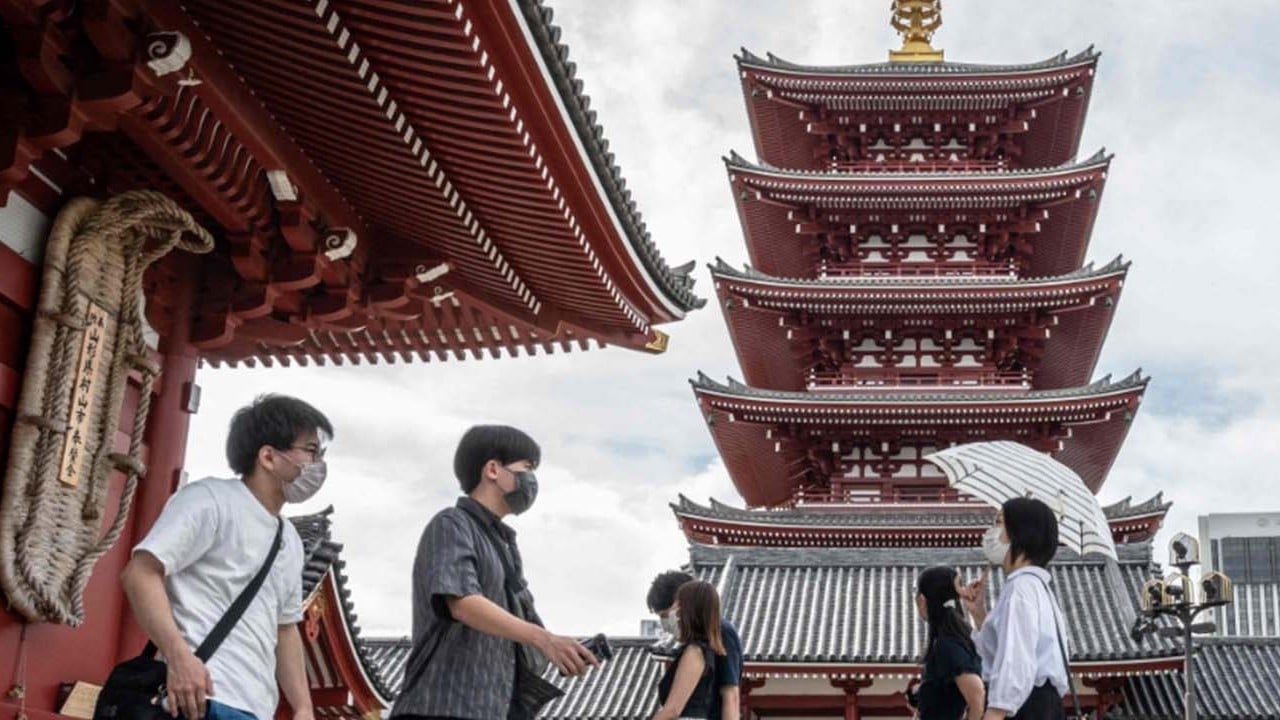
Row over Covid curbs on Chinese travellers could be a chance to find common ground
- The decision of some countries such as Japan and South Korea to impose entry restrictions on Chinese travellers amid a rise in Covid-19 cases in China has upset Beijing
- The pandemic in general, and travel in particular, are issues on which solutions can be found relatively easily, which could be a source of goodwill amid larger tensions
As individuals, we are all different. We come from different backgrounds, speak different languages, belong to different ethnic groups, or hold different beliefs. That is why we’re encouraged to find common ground when interacting with others who we may disagree with. Common ground helps us foster mutual understanding, come to agreements, accept our differences and also prevent echo chambers.
However, over a dozen countries responded with entry restrictions on Chinese visitors. In particular, according to CNBC, South Korea made Chinese travellers “very angry”, and Japan made them “even angrier”. South Korea went a step further by suspending the issuance of short-term visas in China until January 31.
Compared with individuals, differences between countries are more entrenched and harder to bridge. Deep and complex political, economic and social issues all cause strained relations. Sometimes it is not clear that there even is any common ground.
But, occasionally, rare events emerge that bring us all together. These could be the common ground that allow us to cooperate if we stop assigning blame.
The pandemic could serve as a common ground that enables us to reach a consensus and avoid even greater disasters.

We also know that resuming cross-border travel is important for business and trade and good for post-pandemic recovery.
At the same time, some recent developments have heightened the existing tensions and caused greater animosity.
Compared with such problems that have deep historic roots, entry restrictions seem rather trivial, especially when most countries have learnt to live with the virus. It is in everyone’s interest to avoid making this issue any bigger.
Therefore, if we could halt the diplomatic spats and recognise our common ground instead, the focus would be on how China and other countries could work out acceptable ways to alleviate concerns and facilitate cross-border travel. This is an opportunity to cooperate and reduce tensions caused by other more complex problems.
The only thing needed is a shift in thinking. Instead of continuing to make the Covid-19 pandemic a topic for bickering and contention, we could start promoting post-pandemic recovery for all by resuming cross-border travel without unnecessary restrictions.
April Zhang is the founder of MSL Master and the author of the Mandarin Express textbook series and the Chinese Reading and Writing textbook series


.jpg?itok=I0Y0WPBH)
